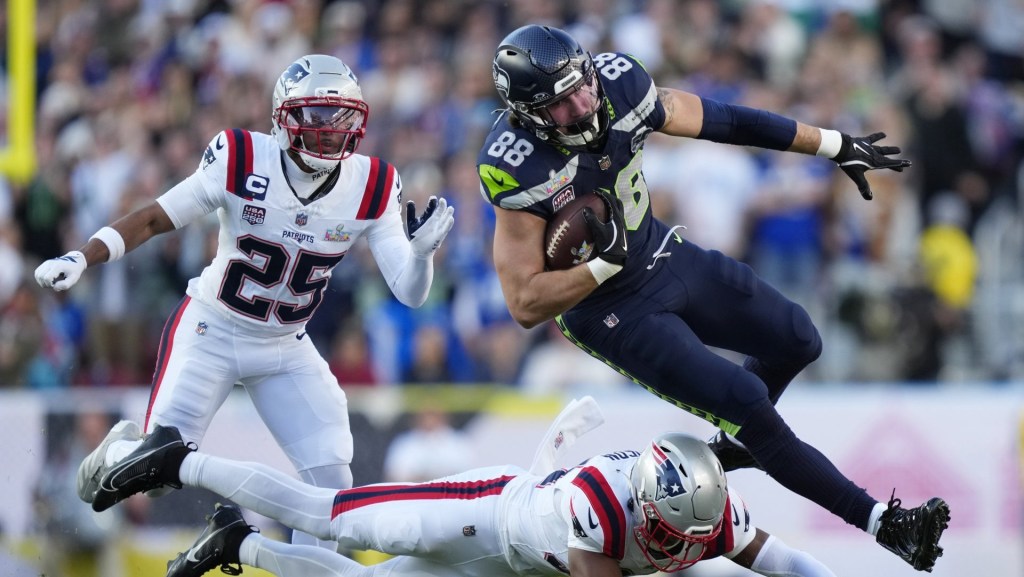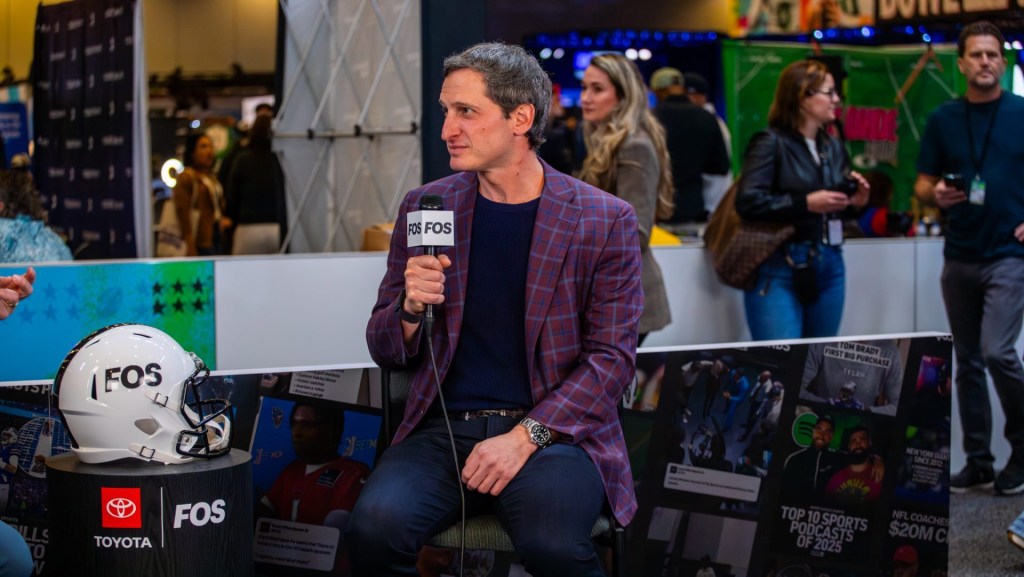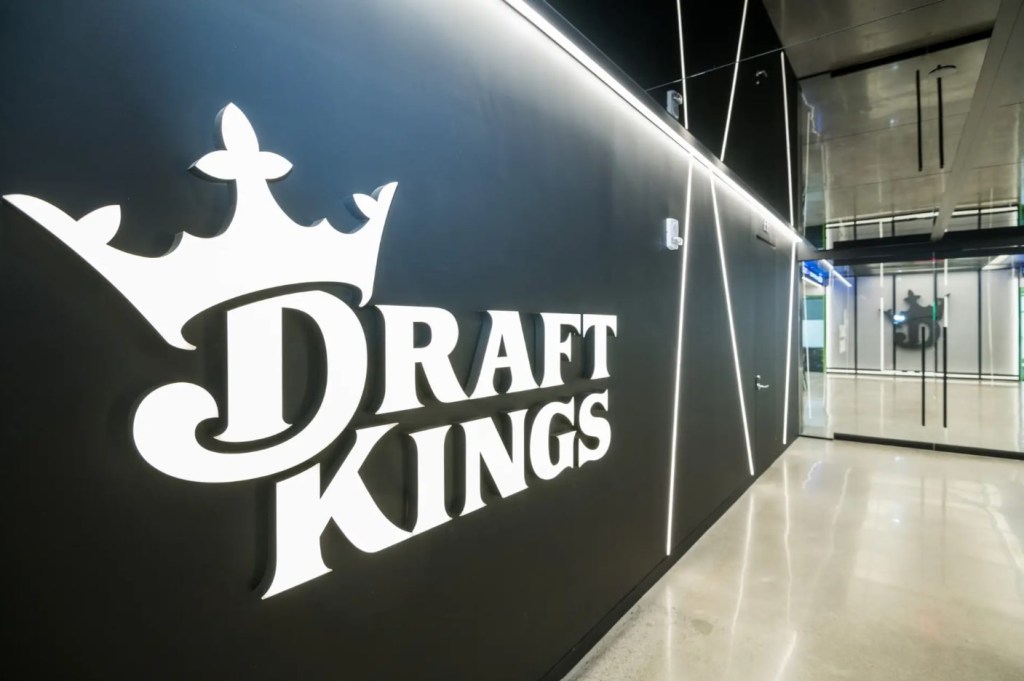As the Barstool Sportsbook launches into an increasingly crowded spots betting segment, Barstool Sports’ top executives — President Dave Portnoy and Chief Executive Officer Erika Nardini — are confident they’ll survive whatever shakeout there might be.
There’s one reason for that confidence: Barstool’s fervent following. In the company’s 17-year history, it has supported whatever the company releases — like a pink lemonade vodka — or followed the media company’s personalities in whatever they do — like Portnoy’s foray into day trading when sports shut down earlier this year. It’s not just positive support for the products, the fans are also vehement defenders of the organization and its personalities when they find themselves in a controversial position — going so far as to use social media to attack those who speak against the brand.
So while other betting companies enter major partnerships with media companies, like PointsBet did recently with NBC, Barstool could ride the wave it has already built.
“That’s our biggest advantage,” Portnoy said. “We are going to sort of sit on the sidelines in an advertising bonanza and this race to the bottom. There is no doubt in my mind we’ll be one that makes it because we have a firm, long-standing fanbase.”
“In a weird way, it’s letting everyone else beat up on each other while we do our thing. That helps us,” he added.
That mentality is exactly what Penn National Gaming was looking for when it purchased 36% of Barstool earlier this year in a deal that valued the company at $450 million.
The casino company was on the forefront of a growing trend of sports betting operators partnering with “influencers” to capture new market share and gain consumer loyalty. Penn National’s stock price is up more than 150% since the deal in January.
There’s still plenty of market to be gobbled up by operators. The Barstool Sportsbook app launched in Pennsylvania on Sept. 18. The state had an all-time high of $365 million wagered on sports for August. New Jersey set a U.S. record with $668 million bet in August.
Nardini said the difference in sportsbooks currently is the marketing, and with Barstool Sportsbooks on the name plates for Penn National, that’s where they’ll separate.
“The sports betting partnerships with media companies, those center around TV, those audiences are old and the partnerships are stale in terms of the format and expression of the brand,” she said. “We have a brand putting it on the book itself. In our case, our content is the marketing. The way we talk to our fans, the way we connect. The way we make things fun. We have an appeal to the 21-plus audience in a way no one else has.”
Sports betting operators are in a race to capture the most audience, so for Penn National to bring in Barstool could be an automatic connection to a significant customer base. While sports betting can be profitable, it’s also a low-margin business, so the more than 20 operators in a state like New Jersey will likely thin out, said Dan Etna, co-chair of the sports law practice at law firm Herrick Feinstein.
“You have to be mindful of how you operate and there are economies of scale to achieve,” Etna said. “[These operators] realize it’s important to garner as much market share and customer allegiance as they can.”
Barstool has a self-reported 66 million user reach and says that approximately 62% of them bet on sports. While Barstool fans generally pick up what the company’s voices say, Portnoy acknowledges this endeavor could be different. He accepts some bettors will look around for the best price or the best line.
For most of the fans, however, it’ll likely be like when Portnoy quadrupled the trading volume of an airline exchange-traded fund or when Dan “Big Cat” Katz drew hundreds of thousands of Twitch viewers while streaming NCAA Football ’14 during the pandemic lockdown.
“Barstool is a lifestyle brand as much as it is a media brand,” Nardini said. “That’s a luxury. In this [sports betting] space, customers don’t care. But they care about us. That’s what is so different.”
She’s also optimistic the reverse will happen as well: people who bet at the sportsbook will fall into the Barstool hemisphere.
“In most cases, when someone runs into our content, something about it grabs them,” Nardini said. “The technology will not be what wins or loses. The differentiator will be the way these guys make their picks and talk about the futures and based on what they talk about.”
Both Nardini and Portnoy declined to speak to how the sportsbooks will affect the bottom line at Barstool, explaining that funnels through Penn National’s ownership. They also declined to speak to future state rollout plans, but Nardini said multiple should be launched in the next year.
While Portnoy spent some time in Pittsburgh early during launch week and is generally optimistic about the launch, he knows it won’t be all good.
“We’ll exceed the goals Penn [National] was hoping for in signups and downloads,” he said. “But there will be hiccups. I’m looking at competitors and they’re having outages and they’ve been doing it a long time. One of the challenges and beauties in doing things with us: no one launches like we do.”
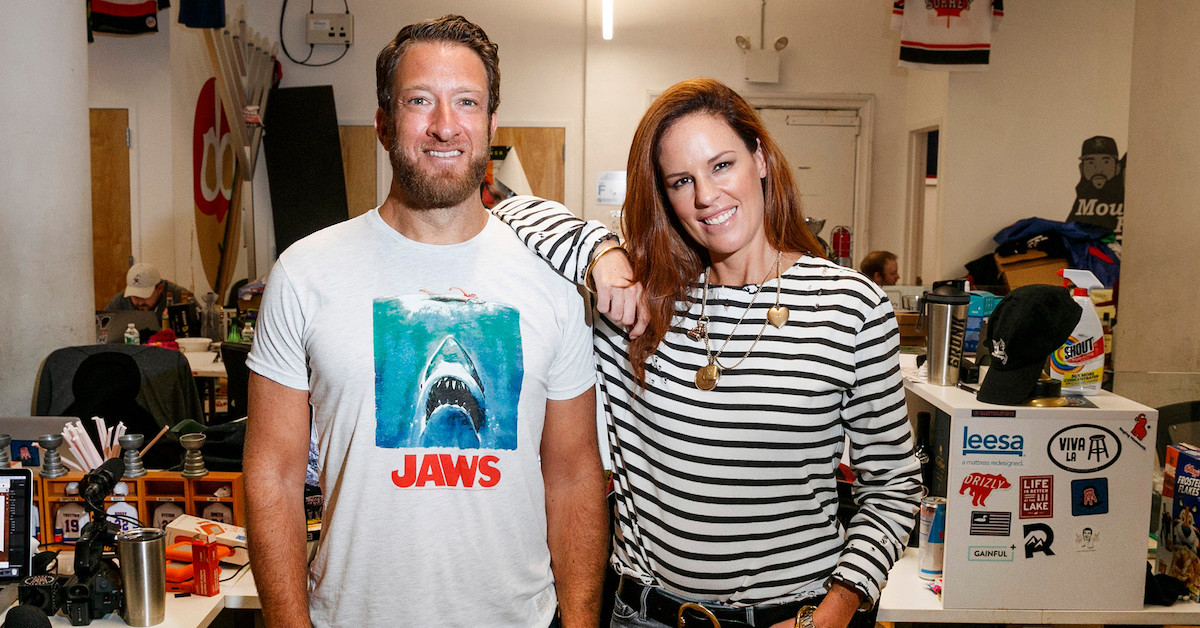
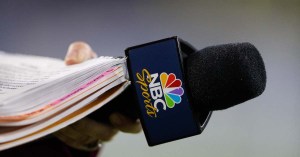
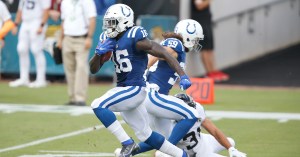
![[Subscription Customers Only] Jun 15, 2025; Seattle, Washington, USA; Botafogo owner John Textor inside the stadium before the match during a group stage match of the 2025 FIFA Club World Cup at Lumen Field.](https://frontofficesports.com/wp-content/uploads/2026/02/USATSI_26465842_168416386_lowres-scaled.jpg?quality=100&w=1024)


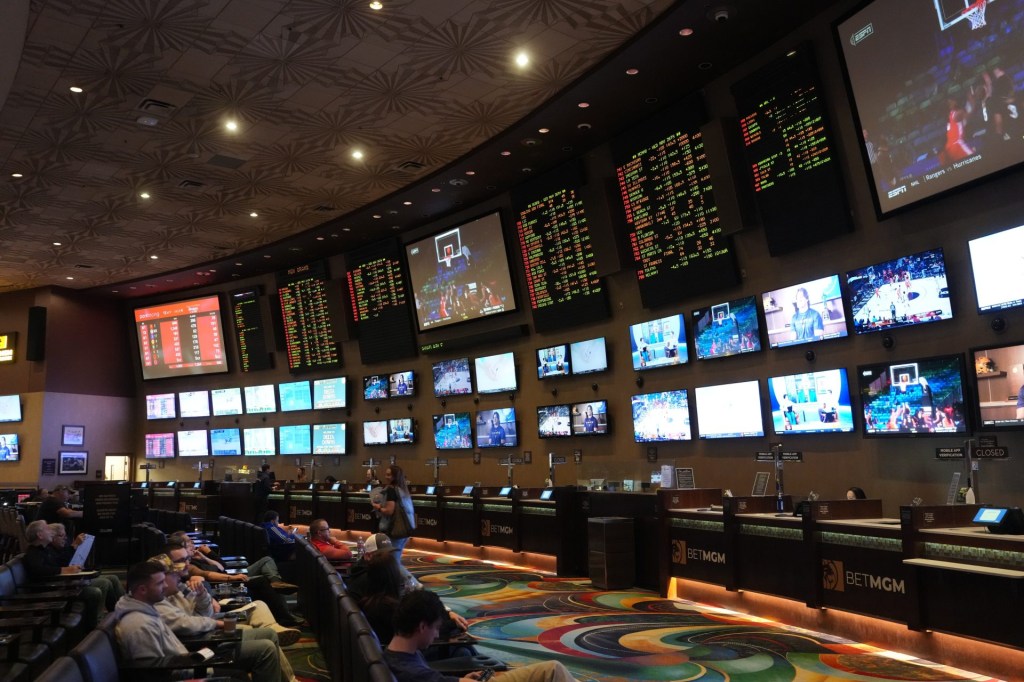
![[Subscription Customers Only] Jul 13, 2025; East Rutherford, New Jersey, USA; Chelsea FC midfielder Cole Palmer (10) celebrates winning the final of the 2025 FIFA Club World Cup at MetLife Stadium](https://frontofficesports.com/wp-content/uploads/2026/02/USATSI_26636703-scaled-e1770932227605.jpg?quality=100&w=1024)



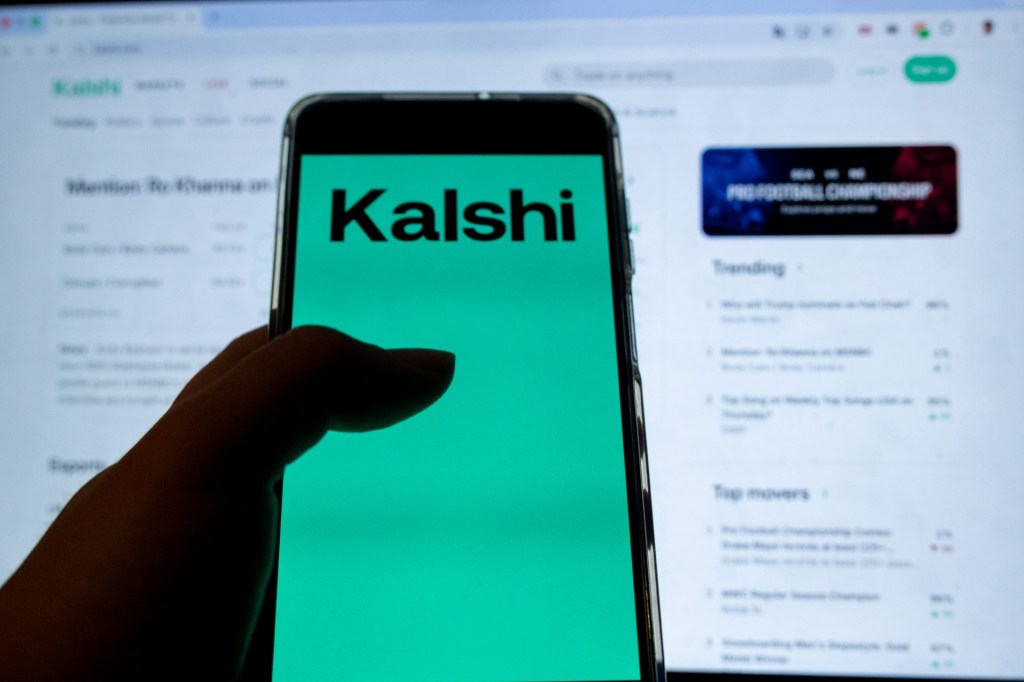
![ESPN Bet broadcasts inside the PGA Tour Studios building in Ponte Vedra Beach, Florida, on March 14, 2025. [Clayton Freeman/Florida Times-Union]](https://frontofficesports.com/wp-content/uploads/2026/02/USATSI_25668497_168416386_lowres-1-scaled.jpg?quality=100&w=1024)


